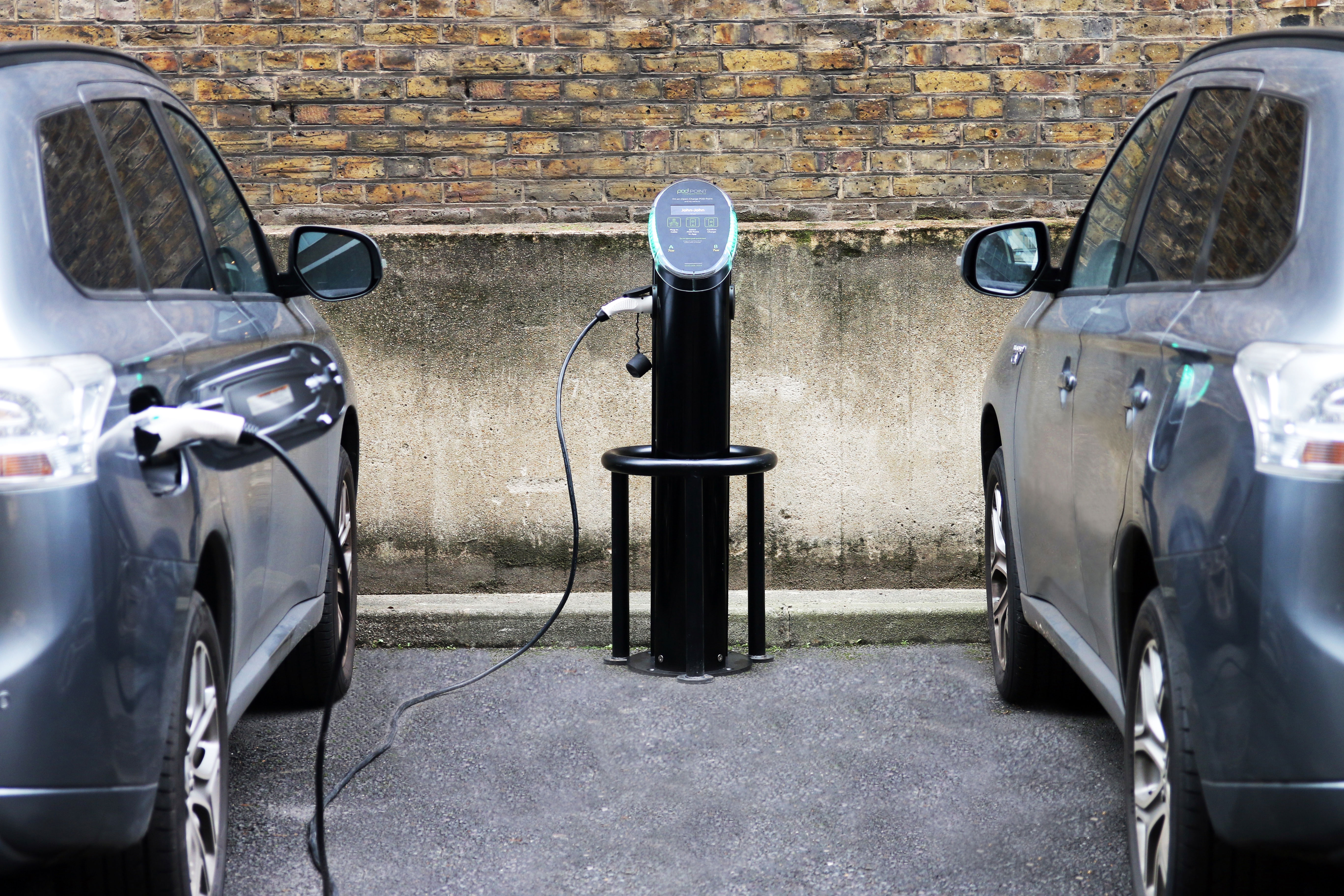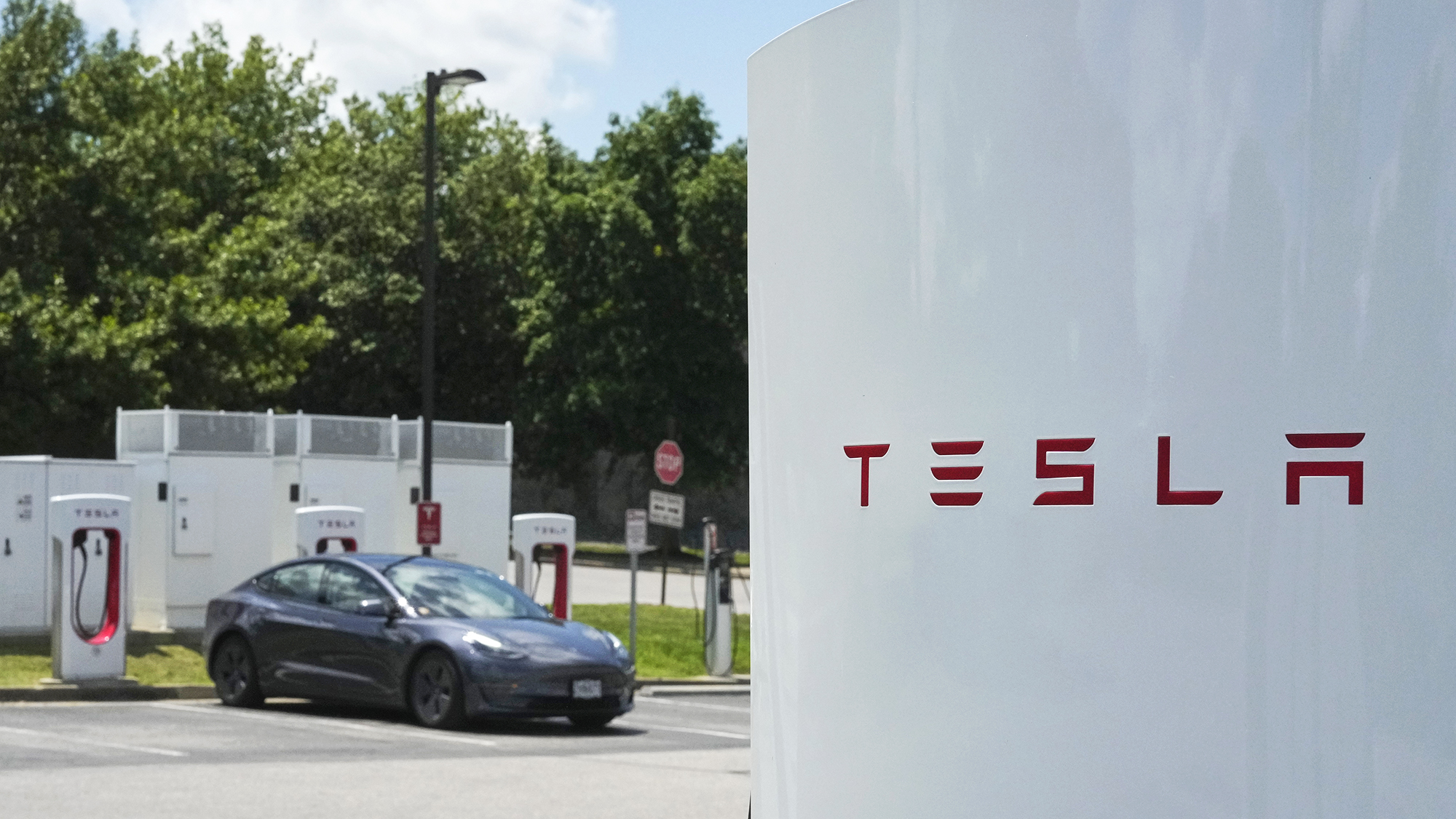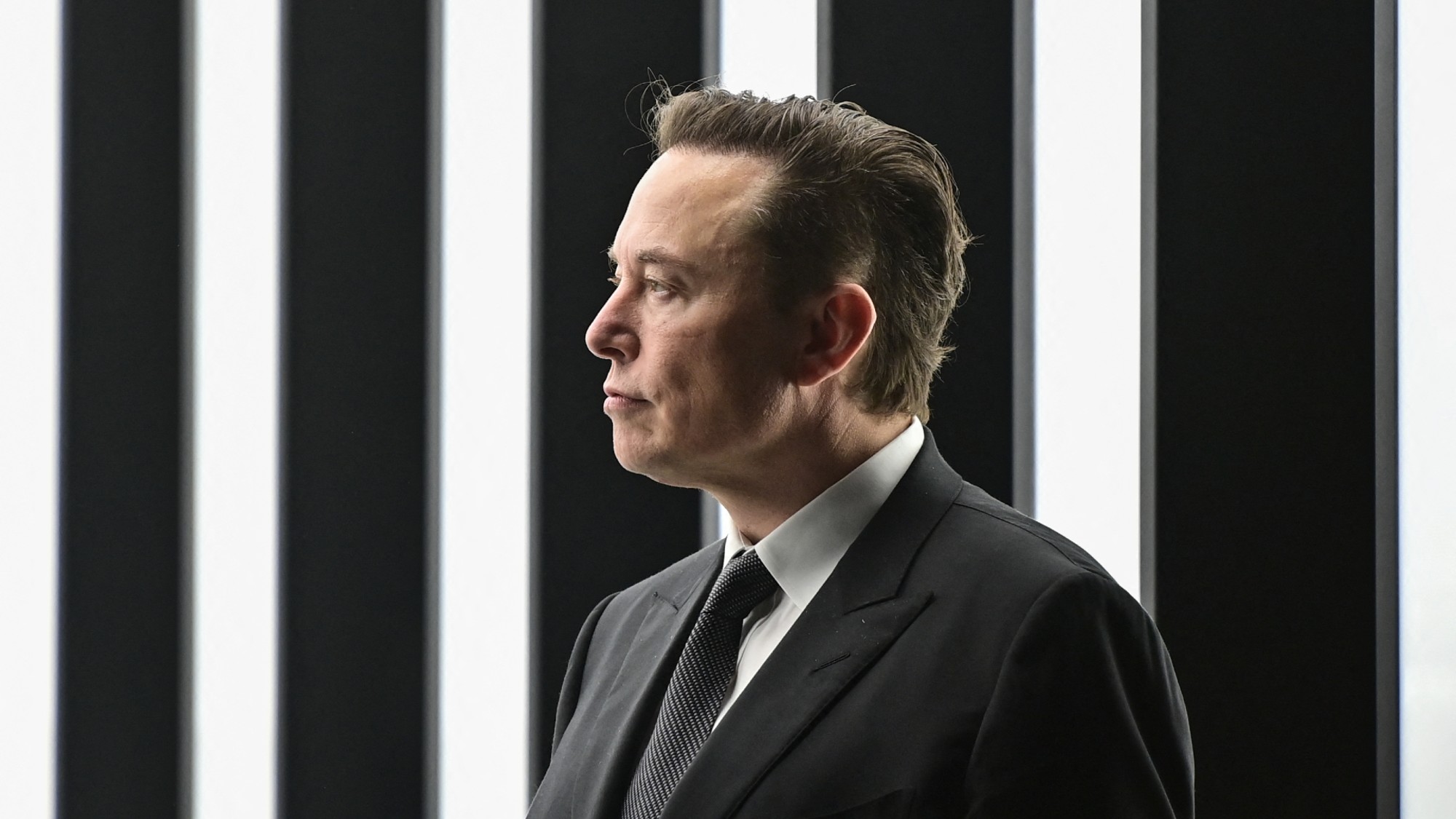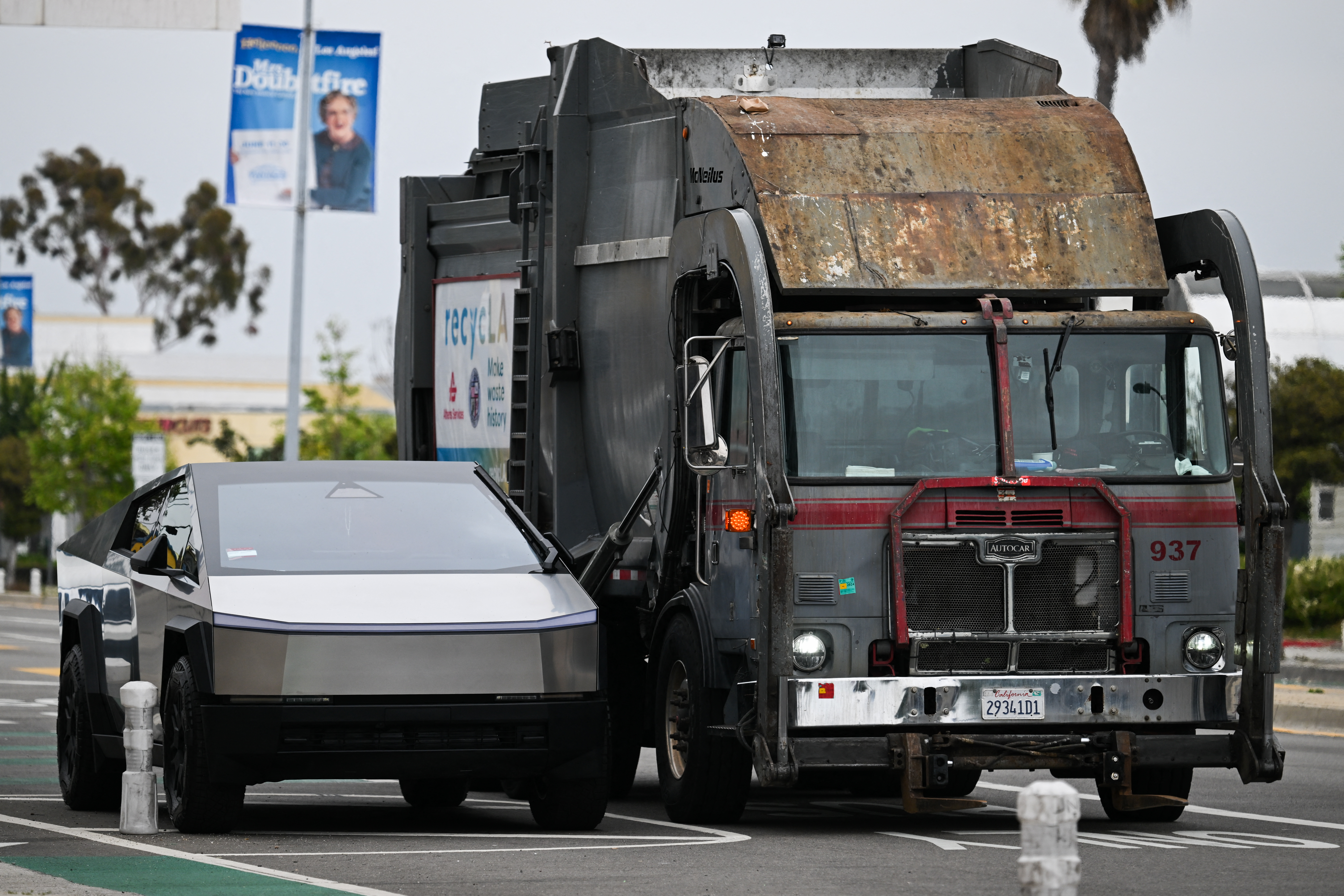Pod Point: a sparky investment in electric cars
Electric vehicle charging firm Pod Point benefits from £200m venture debt fund

The future of transport is electric – of that there is now little doubt. According to one estimate, more than a million plug-in vehicles will be using British roads by the end of 2022, and all of those drivers will need somewhere to charge their vehicles. That’s what inspired the creation of Pod Point in 2009.
One of the UK’s leading electric vehicle (EV) charge providers, Pod Point is at the forefront of creating the support networks that will empower the mass adoption of clean, green vehicles.
“The amount of charging infrastructure we’ve got to build to enable the mass adoption of electric vehicles is immense,” says Erik Fairbairn, Pod Point’s founder and chief executive (below). “It’s simultaneously the most frightening and most inspiring part of what we do.”
The Week
Escape your echo chamber. Get the facts behind the news, plus analysis from multiple perspectives.

Sign up for The Week's Free Newsletters
From our morning news briefing to a weekly Good News Newsletter, get the best of The Week delivered directly to your inbox.
From our morning news briefing to a weekly Good News Newsletter, get the best of The Week delivered directly to your inbox.
And business is booming: demand for EVs has surged in Britain in the past four years. New registrations of plug-in cars increased from just 3,500 in 2013 to 137,000 by the first quarter of this year.
Pod Point estimated in February this year that almost 30% of all plug-in vehicles in the UK were using its chargers. Its Open Charge network passed the 40,000 user mark in the same month, a 273% increase on the previous year.
By some measures, the company is growing exponentially. In the nine months from May 2017 to February 2018, it recorded a 1,000% increase in charge cycles per month on its rapid-charge network.

Venture debt funding
A free daily email with the biggest news stories of the day – and the best features from TheWeek.com
High-tech companies in emerging sectors of the economy, which may prioritise long-term growth over short-term profitability, can sometimes struggle to secure funding.
Fairbairn explains: “We’ve banked with Barclays since we founded the business in 2009 so they’ve been with us the entire journey.
“The venture debt product that we’ve started using recently is a great example of Barclays coming to us and saying: ‘We’ve seen the challenges you’ve got – perhaps this product would be of use to you.’”
Pod Point has accessed funding through Barclays’ venture debt fund for high-growth tech firms, which offers funding at an early stage in an innovative company’s existence.
The first of the big four banks to offer such a fund – which is partly guaranteed by the European Investment Fund and backed by the EU’s Horizon 2020 research and innovation programme – Barclays expanded it to £200m in 2016. In the past four years, the fund has lent over £160m to more than 70 businesses.
“Venture debt is a fairly innovative solution in the bank market,” says Dominic McCarthy, a relationship director at Barclays, who has worked with Pod Point for several years. “It allows companies like Pod Point that are disruptive and fast growing access to bank debt at an earlier stage than might otherwise be available.
“Fast-growing companies like Pod Point historically would have found it difficult to access finance while simultaneously needing to invest significant amounts in research and development, new technology and marketing.”
Fairbairn praises venture debt as an “innovative product” which is a match for his innovative business. He says: “I can go and raise some money in the traditional sense, but then Barclays will come along and just help me make a little bit more of that.”
Part of the team
A close relationship between the bank and the business is an essential component to venture debt. Fairbairn says Barclays have “really started to understand our business – even to the extent of spending whole days at the business understanding what we do”. The result is “they’ve become a part of the team”.
That kind of support is invaluable - especially when the stakes are so high. “I dream of a world where travel doesn’t damage the earth,” says Fairburn, “so we can drive around completely guilt-free and we don’t have to worry about what’s coming out the tailpipe of our car. It’s a silent revolution.”
Find out how Barclays Corporate Banking’s industry experts are supporting clients to achieve their ambitions at barclayscorporate.com
Take our survey for your chance to win £100 John Lewis vouchers
-
 Why is the Trump administration talking about ‘Western civilization’?
Why is the Trump administration talking about ‘Western civilization’?Talking Points Rubio says Europe, US bonded by religion and ancestry
-
 Quentin Deranque: a student’s death energizes the French far right
Quentin Deranque: a student’s death energizes the French far rightIN THE SPOTLIGHT Reactions to the violent killing of an ultraconservative activist offer a glimpse at the culture wars roiling France ahead of next year’s elections
-
 Secured vs. unsecured loans: how do they differ and which is better?
Secured vs. unsecured loans: how do they differ and which is better?the explainer They are distinguished by the level of risk and the inclusion of collateral
-
 Tesla reports plummeting profits
Tesla reports plummeting profitsSpeed Read The company may soon face more problems with the expiration of federal electric vehicle tax credits
-
 How could Tesla replace Elon Musk?
How could Tesla replace Elon Musk?Today's Big Question The company's CEO is its 'greatest asset and gravest risk'
-
 What went wrong at Nissan?
What went wrong at Nissan?In the Spotlight And will a merger with Honda make the difference?
-
 How the UK's electric car plans took a wrong turn
How the UK's electric car plans took a wrong turnThe Explainer Car manufacturers are struggling to meet 'stringent' targets for electric vehicle sales
-
 What's next for electric vehicles under Trump?
What's next for electric vehicles under Trump?Today's Big Question And what does that mean for Tesla's Elon Musk?
-
 Volkswagen on the ropes: a crisis of its own making
Volkswagen on the ropes: a crisis of its own makingTalking Point The EV revolution has 'left VW in the proverbial dust'
-
 What Tesla's yo-yo-ing stock means for its future
What Tesla's yo-yo-ing stock means for its futureTalking Points Elon Musk's electric vehicle company is undeniably a juggernaut in its field, but it is not invulnerable
-
 Elon Musk's future at Tesla may hang in the (very expensive) balance
Elon Musk's future at Tesla may hang in the (very expensive) balanceTalking Points The iconic electric vehicle's board must convince shareholders it's worth awarding their tech titan CEO a $50 billion pay compensation package — or he might walk